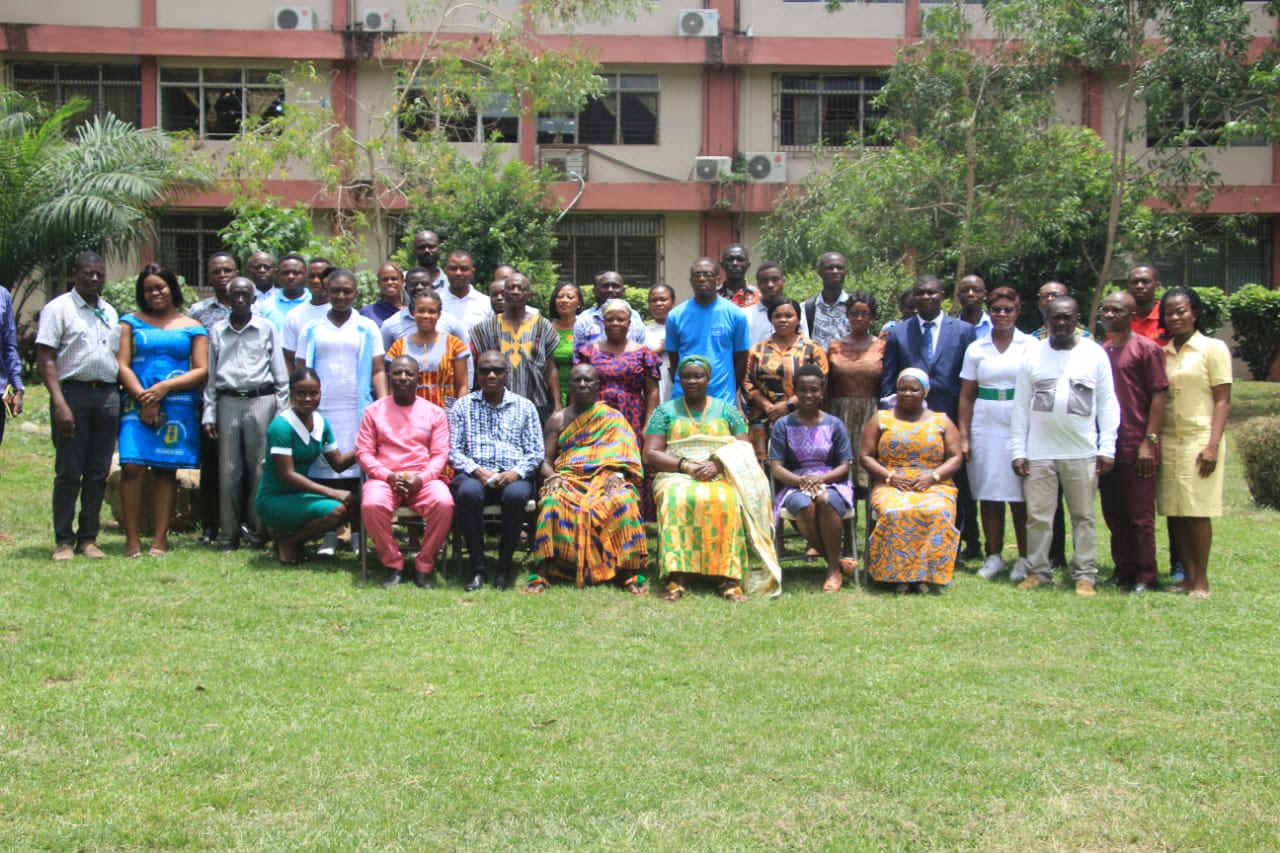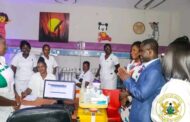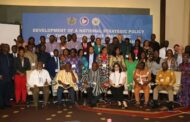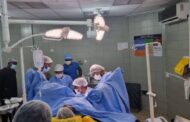Health Experts are worried over alarming rate of type 1 diabetes among Children in Eastern Region.
It is estimated that one out of every hundred children in the region has type 1 diabetes a rate expected to increase significantly in the coming years.
Type 1 diabetes also known as insulin dependent diabetes is a chronic condition in which the pancreas produces little or no insulin to regulate blood sugar levels in the body which makes the sugar level dangerously high.
Dr.Abigail Doduwah Sackey, Eastern Region non-communicable disease coordinator says ,there are about 150,000 people in Ghana living with diabetes and a significant proportion of these have type 1 diabetes.
More worrying, she said, is the alarming rate at which type 1 diabetes is increasing among children in Eastern Region.
“It is estimated that about 1 in 100 children in the region have type 1 diabetes which is expected to increase in the coming years” she revealed.
She said Children with type 1 diabetes require lifelong management including regular monitoring of blood sugar levels, healthy lifestyle and insulin therapy but unfortunate insulin is very expensive and inaccessible in parts of the country leaving such children to their fate.
She advised parents to be mindful of of food and drinks they feed their children.
This was revealed during the launching of “Diabetes Support Program” by Nsawam based non-governmental organization, Ark Development organization (ADO).
The NGO secured funding from Panorama Global T1D Community Fund to implement the two year community based interventions to identify persons with type 1 Diabetes in Nsawam Adoagyiri, Suhum and Ayensuano municipalities to support them medically, provide economic empowerment support and create awareness about the disease .
Emmanuel Kwarfo Mintah , Executive Director, ADO, stated that the project will ensure sustainable access to insulin and improved diet for management of type 1 diabetes cases .
“Action research conducted by Ark Development Organization on Type 1 Diabetes in the three selected MMDAs revealed that that low financial capacity of type 1 diabetes patients makes it difficult for them to adhere to medical and dietary advice, high cost of medicines, especially at this time of very high inflation and exchange rates, difficulty in accessing treatment services because services are mostly available at urban centres, bad roads and high cost of transportation contribute to the challenges with access to essential services required for T1D patients”.
To address the above challenges, ADO also intends to use innovative approaches through education by throwing more light on Type 1 Diabetes and help its patients with access to proper healthcare services for treatment and medication. We are of the belief that people living with Type 1 Diabetes must have access to adequate resources for its treatment and health care services. As part of this project, we will be conducting health screenings for the members of the MMDAs selected to identify such cases with the help of Ghana Health Service. We will also be educated on how to avoid contracting the Type 2 Diabetes through proper management of our various lifestyles. That patients living with T1D live healthy lives, do proper diabetes self-management well and eventually reduce T1D Morbidity in the project districts”.
Health Directors in Suhum, Ayensuano and Nsawam municipalities lamented how financial challenges have become barrier to availability and accessibility to insulin for treatment of type 1 diabetes among patients in the municipalities therefore lauded the intervention”.
Source:Mybrytfmonline.com/Obed Ansah




















































